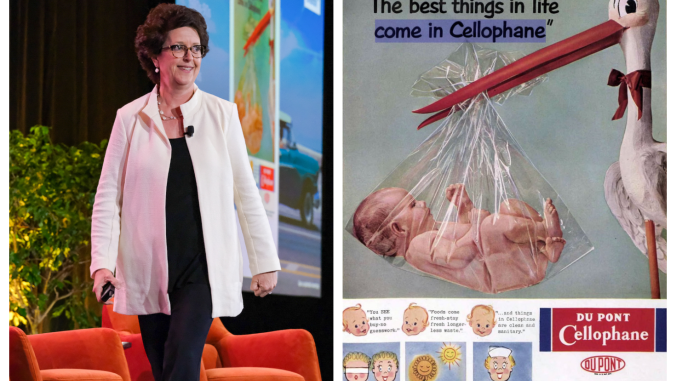I’m sure some of you are armed for a fight, just by reading my headline. Let me cut to the punchline: yes. But not for the reasons you may think.
Let’s take a walk down memory lane. According to the U.S. Energy Information Administration, in 2010, electric utilities in America generated 10 percent of their electricity from renewables. Ten years later, that percentage doubled to 20 percent. Now, we all know it’s easier to double a percentage when you’re going from 10 to 20 vs. 20 to 40, so I don’t know if we’ll be at 40 percent renewable energy come 2030. A recent report from Wood Mackenzie actually lays out a pathway to getting to 50 percent by 2030, so it’s within the realm of possibility.
But what does utility generation have to do with individual generation? Well, according to national market research we conducted three years ago on behalf of several electric utilities, most small and medium businesses don’t see a reason to invest in their own rooftop solar if their utility is generating 50 percent or more of its electricity from renewables. The thinking is, "Why would I invest all the time and money into my own rooftop solar system if my utility is already halfway there?"
Of course, more utilities are heading in that direction. PG&E announced in March that it has already achieved 35 percent renewable energy (and is 88 percent greenhouse gas-free). Xcel Energy is on track to be 80 percent renewable by 2030, and in June 2020, Consumers Energy (a Shelton Group client, full disclosure) filed a proposal to end coal use by 2025 and to be 60 percent renewable by 2040. And most of the country’s largest utilities have declared or have been mandated into some form of a carbon-neutral-by-2050 goal.
Green signaling is a real thing, and it’s happening more every year.
So if the electric grid is becoming greener, why should individuals and companies pony up for their own rooftop solar systems? Because it sends a strong signal, in two important ways:
- It says, “We don’t want to wait until 2030 or 2040.”
We are indeed social creatures, and we’re influenced by what’s happening around us. You’ll see this in neighborhoods — when one solar system goes up in a neighborhood, others often follow, because the signal says, "This is how we do things around here." Others can feel comfortable jumping in the water because somebody sent the signal that it feels just fine. That signaling also works with utilities, utility commissioners and elected officials. When those entities see more of us going solar, they get the message that this is what their constituents want. And that gives them the intestinal fortitude to make bold moves with setting renewable targets. - Most importantly, having a rooftop solar system signals something about me.
Even in the midst of the pandemic, in January 42 percent of Americans wanted to be seen as someone who buys eco-friendly products. That’s exactly where we were pre-pandemic. So the chaos we’ve all been living through hasn’t dampened the desire to be seen and judged in the court of public opinion as someone who cares.
Green signaling is a real thing, and it’s happening more every year. From designer reusable grocery bags to metal straws we carry around with us to, yes, solar panels on our rooftops, 42 percent of us like being seen as someone who cares about the planet. And what major purchase, besides the car we drive, says something about who we are and what we value? Our homes. And though many of us may not admit it, we like for people to come visit us and see a clear virtue signal on top of our homes. We like how it looks on us and what it says about us.
So, yes, we still need rooftop solar systems here in America and will need them for quite a while. The electric utility industry will continue its charge toward renewables and carbon reduction (the way Wall Street ESG investing is progressing, the industry has no choice). But for the moment, solar systems contribute to the carbon reduction we all need to support, and they make us look good while doing it.






